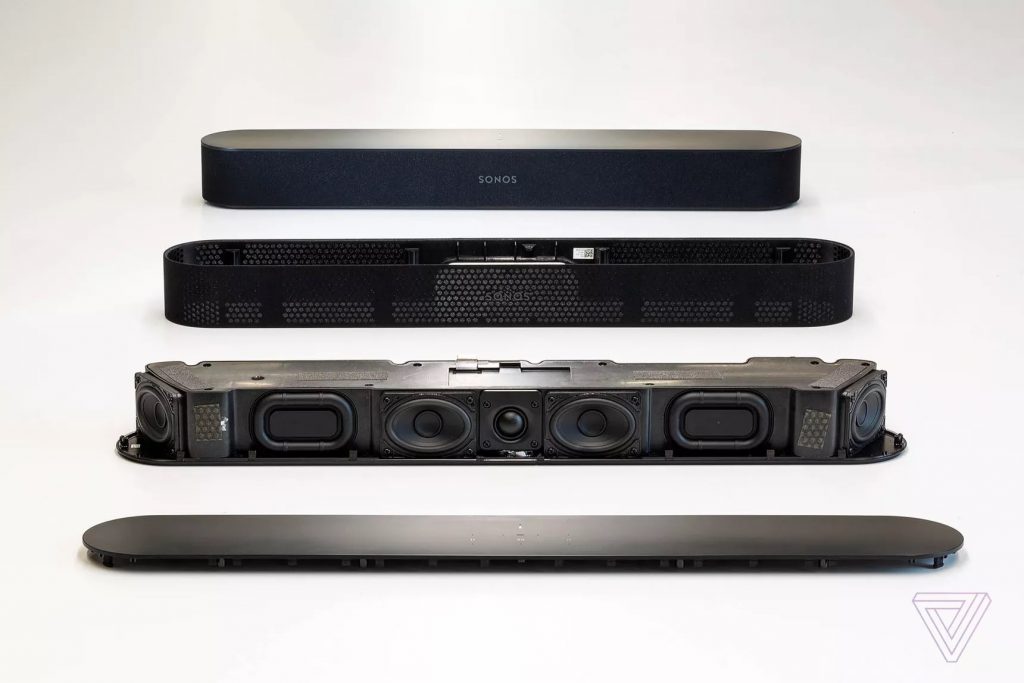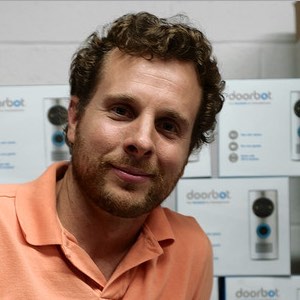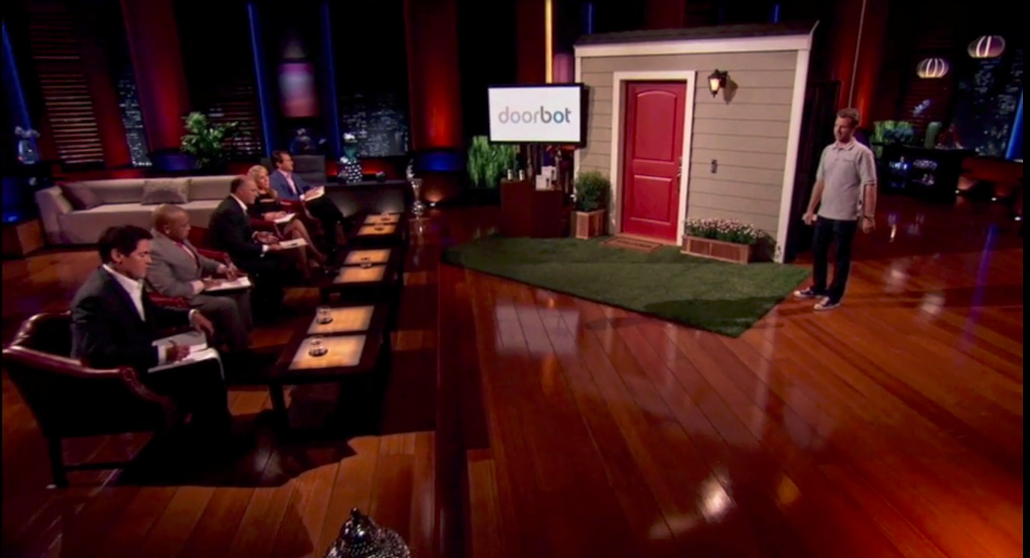Really interesting review from Dieter Bohn on Sonos’ The Beam product, which has Alexa integrated into a sound bar for use with your TV. Accurate sound. Good — if a bit laggy — voice control over a TV using Alexa. Reasonable price.
But I found the most interesting part of this not the hardware, but the notion of being AI independent. Sonos talks about supporting multiple AIs in the future because a living room device, unlike a phone, is naturally multi-user. The kids might have Android devices, and the parents iPhones, say, and thus their fully tuned and personalized AI’s could be different.
Begs questions about AI contention.
What AI responds to my question? Assuming that speaker recognition works well enough to identify me, would I want the AI that really knows me from my mobile experience to respond, or the AI that was last, call it, instantiated? If the AIs are all present, all the time, through the same “Switzerland” of a device, who has primacy? Is there going to be an AI referee that chooses the subject matter expert? Apple just demoed not having to say “Hey Siri” to invoke it. It would be cheeky and a bit funny to have Google Home start responding to Siri questions: “Siri, you’re still an idiot. The right answer is…” Chaos.
Personally I believe we will each use multiple AIs which know us to different degrees.




